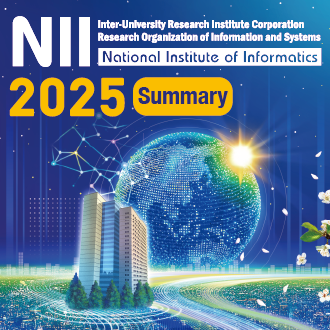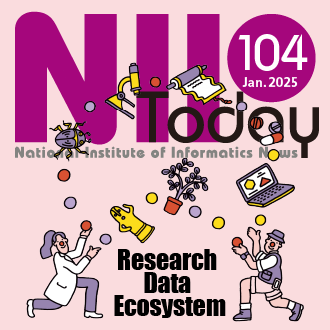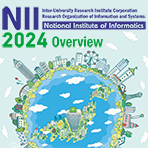EVENT
Event News
Talk on "Federated Learning for Mobile and IoT Devices" by Prof. Cristian Borcea (NJIT)
We are pleased to inform you about the upcoming seminar by Prof. Cristian Borcea (NJIT) titled:"Federated Learning for Mobile and IoT Devices" Everyone interested is cordially invited to attend!
Title:
Federated Learning for Mobile and IoT Devices
Abstract:
Federated Learning (FL) has emerged as a new distributed machine learning paradigm that enables privacy-aware training and inference on mobile and IoT devices with help from the cloud. This talk will present an overview of our work in this area, focusing on FL systems, applications, and optimizations.
First, we describe FLSys, a mobile-cloud FL system that balances model performance with resource consumption, tolerates communication failures, and achieves scalability. In FLSys, different DL models with different FL aggregation methods can be trained and accessed concurrently by different apps. Furthermore, FLSys provides advanced privacy preserving mechanisms and a common API for third-party app developers to access FL models. FLSys adopts a modular design and is implemented in Android and AWS cloud. We also use FLSys in the design and implementation of ZoneFL, an FL system that divides the physical space into geographical zones mapped to a mobile-edge-cloud architecture for good model accuracy and scalability. The key idea of ZoneFL is to adapt FL models to user behaviors in different geographical zones.
Second, we present Federated Meta-Location Learning (FMLL) on smart phones for fine-grained location prediction, based on GPS traces collected on the phones. FMLL has three components: a meta-location generation module, a prediction model, and a federated learning framework. The meta-location generation module represents the user location data as relative points in an abstract 2D space, which enables learning across different physical spaces. The model fuses BiLSTM and CNN layers, where BiLSTM learns the speed and direction of the mobile users, and CNN learns information such as user movement preferences. FMLL uses federated learning to protect user privacy and reduce bandwidth consumption.
Third, we cover Complement Sparsification (CS), an FL pruning mechanism that achieves low bidirectional communication overhead between the server and the clients, low computation overhead at the clients, and good model accuracy. CS uses a complementary and collaborative pruning done at the server and the clients. At each round, CS creates a global sparse model that contains the weights that capture the general data distribution of all clients, while the clients create local sparse models with the weights pruned from the global model to capture the local trends. For improved model performance, these two types of complementary sparse models are aggregated into a dense model in each round, which is subsequently pruned in an iterative process.
We conclude the talk with ongoing work on FL quantization, federated continual learning, and advanced FL security, as well as lessons learned from building FL systems and applications.
Speaker Bio:
Cristian Borcea is a Professor in the Department of Computer Science at New Jersey Institute of Technology (NJIT) and the Associate Dean for Strategic Initiatives in the Ying Wu College of Computing at NJIT.
He also holds a Visiting Professor appointment at the National Institute of Informatics, Tokyo, Japan. His research interests include mobile computing & sensing; vehicular computing & networks; cloud & distributed systems; and computational advertising & online privacy. His current projects focus on ML for mobility and mobile systems for ML. His recent research has been funded by NSF, AT&T, and Qualcomm.
Time/Date:
14:00 - / Wednesday, Nov. 29th, 2023
Place:
Room 1509, NII
Online:
zoom
Contact:
If you would like to join, please contact by email.
Email : kei[at]nii.ac.jp

 Summary of NII 2024
Summary of NII 2024 NII Today No.104(EN)
NII Today No.104(EN) NII Today No.103(EN)
NII Today No.103(EN) Overview of NII 2024
Overview of NII 2024 Guidance of Informatics Program, SOKENDAI 24-25
Guidance of Informatics Program, SOKENDAI 24-25 NII Today No.102(EN)
NII Today No.102(EN) SINETStream Use Case: Mobile Animal Laboratory [Bio-Innovation Research Center, Tokushima Univ.]
SINETStream Use Case: Mobile Animal Laboratory [Bio-Innovation Research Center, Tokushima Univ.] The National Institute of Information Basic Principles of Respect for LGBTQ
The National Institute of Information Basic Principles of Respect for LGBTQ DAAD
DAAD
